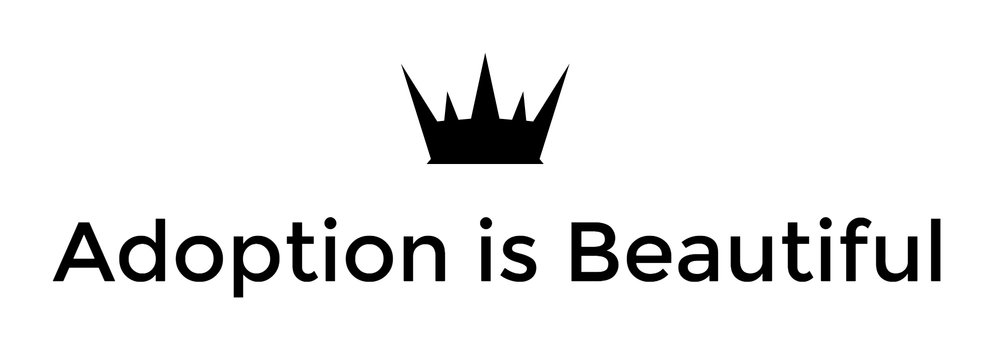Adoption. It’s something we don’t really talk about, ever. So it’s no surprise that it comes as a shock to some people when they find out I am adopted. We haven’t equipped people to handle this kind of information. They assume it means foster homes, abandonment, maybe even abuse or negligence. Adoption is a horror story.
Personally, the fact that I’m adopted has never been that big a deal. It has always been a very small fact about myself, down there on the list with the fact that I like the color green or that I wear glasses.
To many others, though, the fact that I’m adopted is a huge deal.
Most of the time, I don't understand why exactly people make such a big deal out of my adoption. Although it is an important part of the dynamic in my family, it is what I’ve always known, and therefore, I have never thought it strange.
Like in any other person, the experiences I’ve had in my life are particular to myself and my situation. But I’ve had to live with the fact that my parents are not my biological parents my whole life; it’s no stranger or out of place to me than someone who grew up with divorced parents or five siblings.
This is the complete opposite of what many others think, though. When I say that I’m adopted, many times, the person’s eyes widen a bit before a string of questions falls out of their mouths. By now, I can answer most of these questions in my sleep.
Where are you from?
China. Yunnan to be exact/Schenectady, N.Y., I think. My parents are supposedly from Connecticut.
Do you know your real parents?
No, and they aren't my real parents. My mom is my real parent/I met my birth family when I was really young, but it scared me, and my mom didn’t feel comfortable keeping in contact. But my mom and dad are my real parents.
Do you want to meet them one day?
Of course. It’d be great to have a complete medical history someday.
How old were you when you were adopted?
A baby.
Can you speak Chinese?
Not really? I can count to 10, does that count?
Oh, you’re from China? So is my (niece/friend/neighbor)! Maybe you know them?
There is a 99 percent chance I don't. Sorry?
These and so many more questions like them seem to follow me wherever I go. By now, most of the time, I’m used to them. I can answer them with ease and not care at all. There are days though when I feel an odd combination of shame and disgust, both at myself and the person asking the questions. Why are they asking these questions? Why am I answering them? Above any other question that enters my mind though is this: Why does it matter?
Why does it matter if I’m adopted? What makes my family different? What makes it something that should be questioned?
I know that when people ask questions it’s curiosity, they don’t mean any malice; but it can be odd to have someone question you on something that is such a simple part of your life. But, when you take a step back, it’s easy to see that the reason they ask is simply because they just don’t know.
Despite shows, like "The Fosters" dominating the airwaves, the topic of adoption is still one that is not discussed all that much, at least not in detail. There are so many misconceptions about what it means to be adopted. Not every child who is adopted goes through foster care, or comes from China. Some kids are home grown, or come from other countries, such as the Ukraine. Adoption is an umbrella term that covers a plethora of situations.
This is the reason why so many people ask me about my adoption and about my family. For the longest time, I was upset about people asking me about my family and about my life. I know from experience that it can be a sore topic between my mother and I. There is a delicate balance between wanting to know and trying to figure out the "could have been." I try to remember this every time someone asks me a question that makes me uncomfortable.
So this is what I want you to know if you are one of the people who would ask me questions: I am adopted, I "never" met my birth family, but I love the life I have and live. Thank you for your concern about my life and about how my family works, but it isn’t always solicited, or wanted, for that matter.
It's important, both for our generation, and the ones after us, to understand it and let conversations about adoption happen naturally, especially since so many people today seem to want to adopt. Too many times I have been asked a question in class, by another student, only to have the conversation shut down by a teacher. There is such a thing as a time and a place.
It is not rude to ask questions; asking questions leads to learning, which leads to awareness, which is something that we all desperately need.

